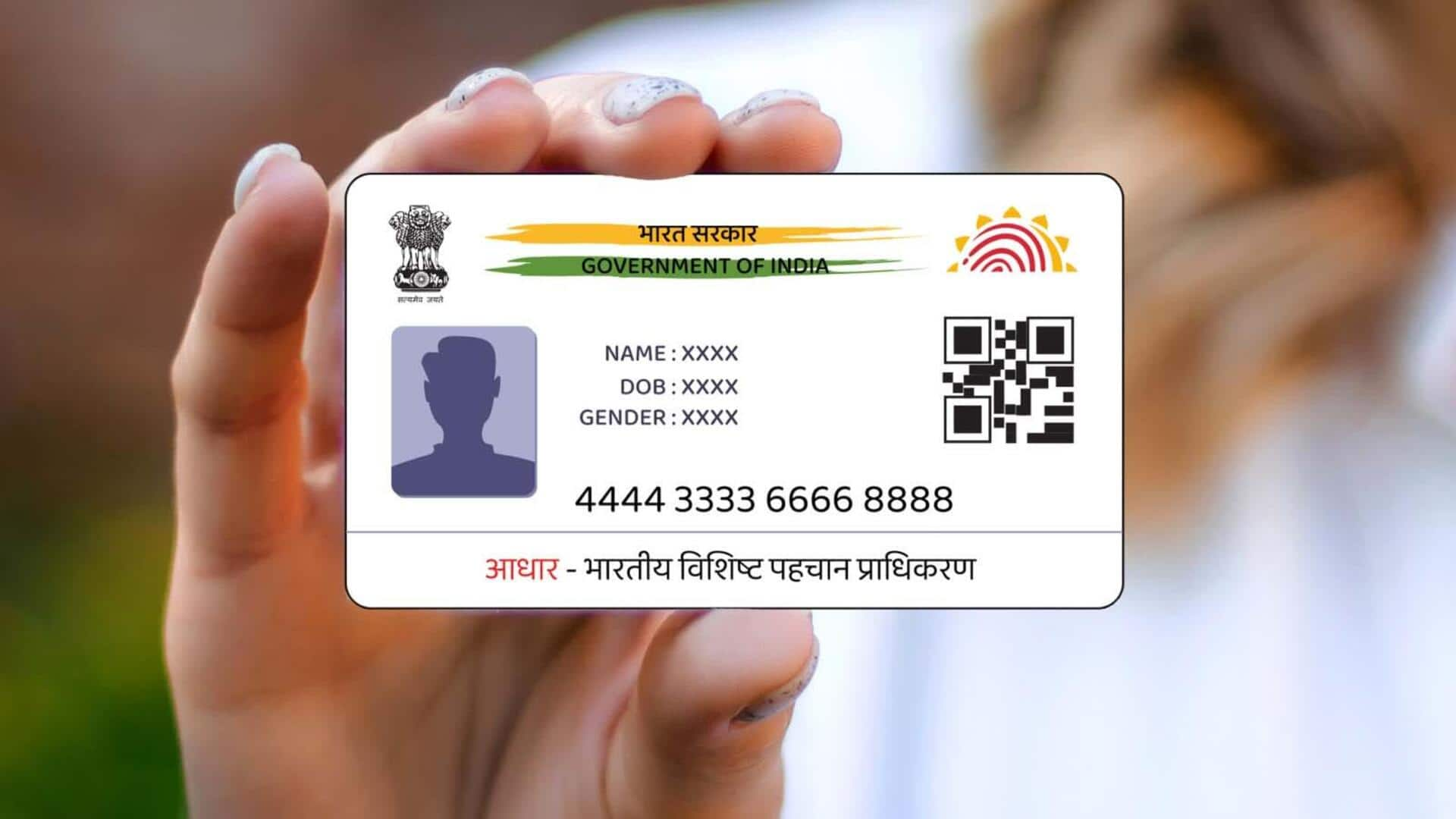
How to link your Aadhaar with UAN
What's the story
Linking your Aadhaar with your Universal Account Number (UAN) is an important step for employees in India to seamlessly manage their Provident Fund (PF) accounts. The process not only simplifies the verification procedure but also secures the transactions. By knowing the steps involved and the benefits it provides, one can make informed decisions on efficiently managing their PF accounts.
Process overview
Steps to link Aadhaar with UAN
To link your Aadhar with UAN, first log into EPFO portal with your UAN and password. Go to 'KYC' section under 'Manage' tab, where you can update your details. Type in your Aadhar number and name as per Aadhar records, and submit for verification. Once UIDAI verifies it, your Aadhar will be linked to UAN.
Advantages explained
Benefits of linking Aadhaar-UAN
Linking Aadhar with UAN comes with several benefits, including quicker claim settlements, thanks to lesser paperwork and faster verification process. It also reduces the probability of error in personal details across platforms, maintaining accuracy in PF account management. Furthermore, it assists in tracking multiple PF accounts under one roof seamlessly.
Troubleshooting tips
Common issues faced during linking
Some common issues during linking are mismatched details between EPFO records and Aadhar data or technical glitches on the portal. To resolve these, ensure all personal information matches exactly across both platforms, before initiating linking. In case of technical issues, try accessing during non-peak hours or contact EPFO support for assistance.
Data accuracy
Importance of keeping information updated
Keeping updated information is critical for seamless operation of linked services, like PF withdrawals or transfers. Regularly ensure that all personal details are up-to-date on both EPFO portal and UIDAI database. This avoids discrepancies which could delay transactions or complicate future processes related to Provident Fund management.